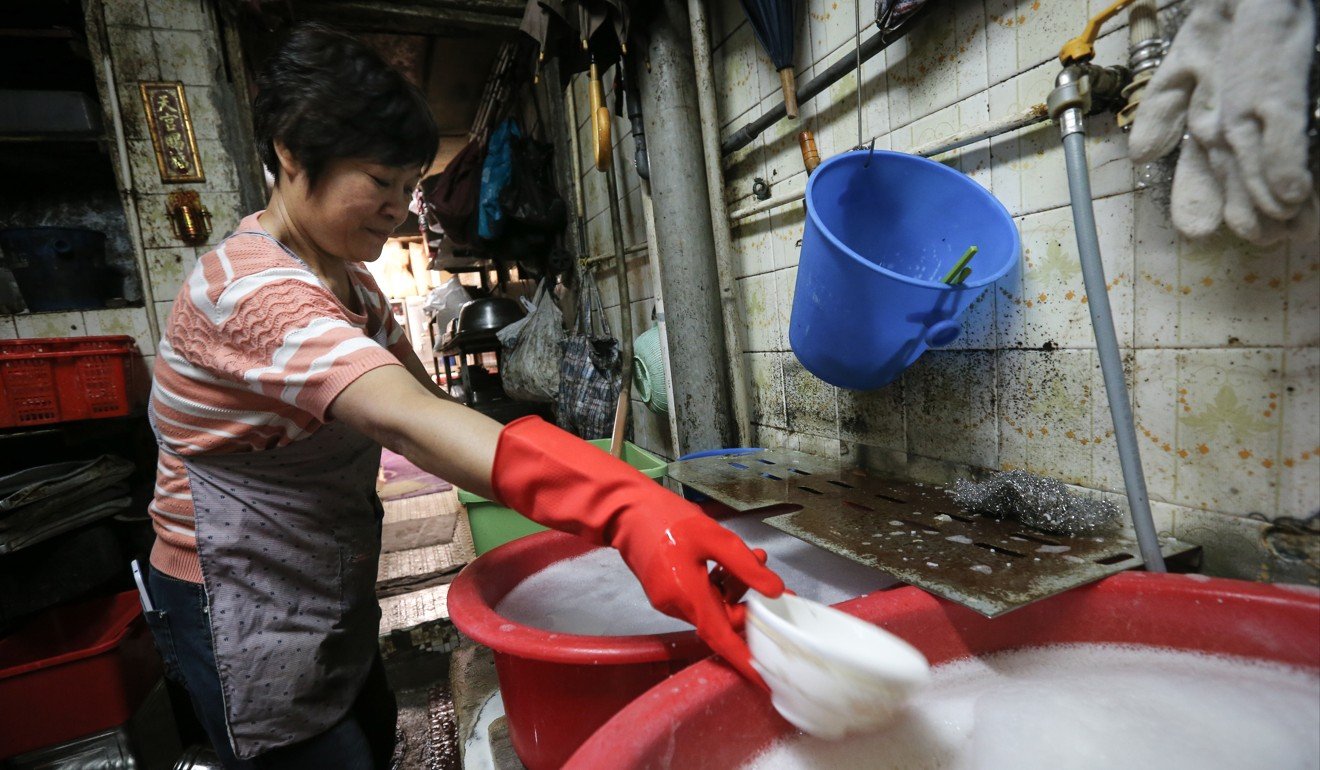China and Hong Kong’s ‘996’ work culture is bad for employees’ mental health, and ultimately bad for employers
- Studies show that overwork can have a number of harmful effects on employees that will be reflected in the quality of their work, and that more flexible hours have benefits

China’s “996” work culture – a schedule of 9am-9pm, six days a week – has become a hot topic. For those who enjoy what they do, it’s not a problem. But, for those who don’t enjoy their job, or have no choice but to work, every minute could be torture.
The US Centres for Disease Control and Prevention warns that overtime is associated with deteriorating health, including weight gain, more smoking and alcohol consumption, injuries, illness and even death. Researchers also found that excessive overtime increases the risk of heart disease and stroke.
Commenting on the “996” culture, the People’s Daily said that although industry is facing economic pressure and anxiety, mandatory implementation of such a culture is not a solution, as it not only reflects managers’ arrogance but is also unrealistic and unjust.
It argues for a more comprehensive system of management that includes incentives. In fact, China’s Labour Law stipulates a maximum eight-hour working day, while an average working week should not exceed 44 hours. In practice, however, especially in factories, this is not always the case.
Many young migrant workers, especially from rural regions, struggle to adjust to such military-style management. A report by the Chinese Academy of Social Sciences last year indicated that people in China spent an average of 2.27 hours per day on recreation, less than half that of people in the US, Germany and the UK.
Working conditions in Hong Kong are not much better. According to the latest government statistics, more than 670,000 employees – or 20 per cent of the labour force – worked over 55 hours a week in the past year, including many security guards and catering industry employees who worked more than 60 hours per week.
Office workers are also affected. In this age of globalisation and advanced technology, where information is accessible at any time, employees are often expected to reply to work-related emails outside office hours, blurring the boundaries between work and personal life.
Hongkongers work on average 50 hours per week, far exceeding those in European and other Asian countries. Employees blamed staff shortages, office culture, management style and industry needs for their long hours. Studies have shown that long hours and overtime can affect sleep quality and trigger pain and disease, among other effects.

One study which investigated the mental health of Hongkongers over the past seven years, confirmed that the longer the working hours, the poorer a person’s mental health. In turn, poor mental health triggers physical conditions and harms work efficiency and even family life.
When employees’ health deteriorates, the employer must pay for expenses such as sick leave and medical claims. If employers only focus on short-term gains, not only will this affect employees’ health and relationships, it will also increase their desire to leave, and employers will have to bear the consequences.
A US study between 2006 and 2016 found that an increase in the minimum wage is associated with a reduced suicide rate. Alex Gertner, the primary investigator at the University of Carolina at Chapel Hill, believed that changes in the minimum wage contributed to a higher level of life satisfaction and reduced stress, which contributed to fewer suicides.

Hong Kong’s enacting of the minimum wage in 2011 might have also contributed to a reduction in the suicide rate, and it has shown signs of stabilising since then. If standardised working hours can also be brought in to protect employees, their health and family relationships will also improve, and their work efficiency and sense of belonging will increase.
Traditional Chinese culture teaches that hard work and diligence are the route to success. But do longer working hours really deliver better work and company performance? If employees need to do overtime, they should at least be appropriately compensated.
In our knowledge-based society and new economy, being diligent is not just about spending long hours at work. We should also think diligently about how to protect employees and increase company efficiency at the same time.
Professor Paul Yip is director of the Centre for Suicide Research and Prevention at the University of Hong Kong